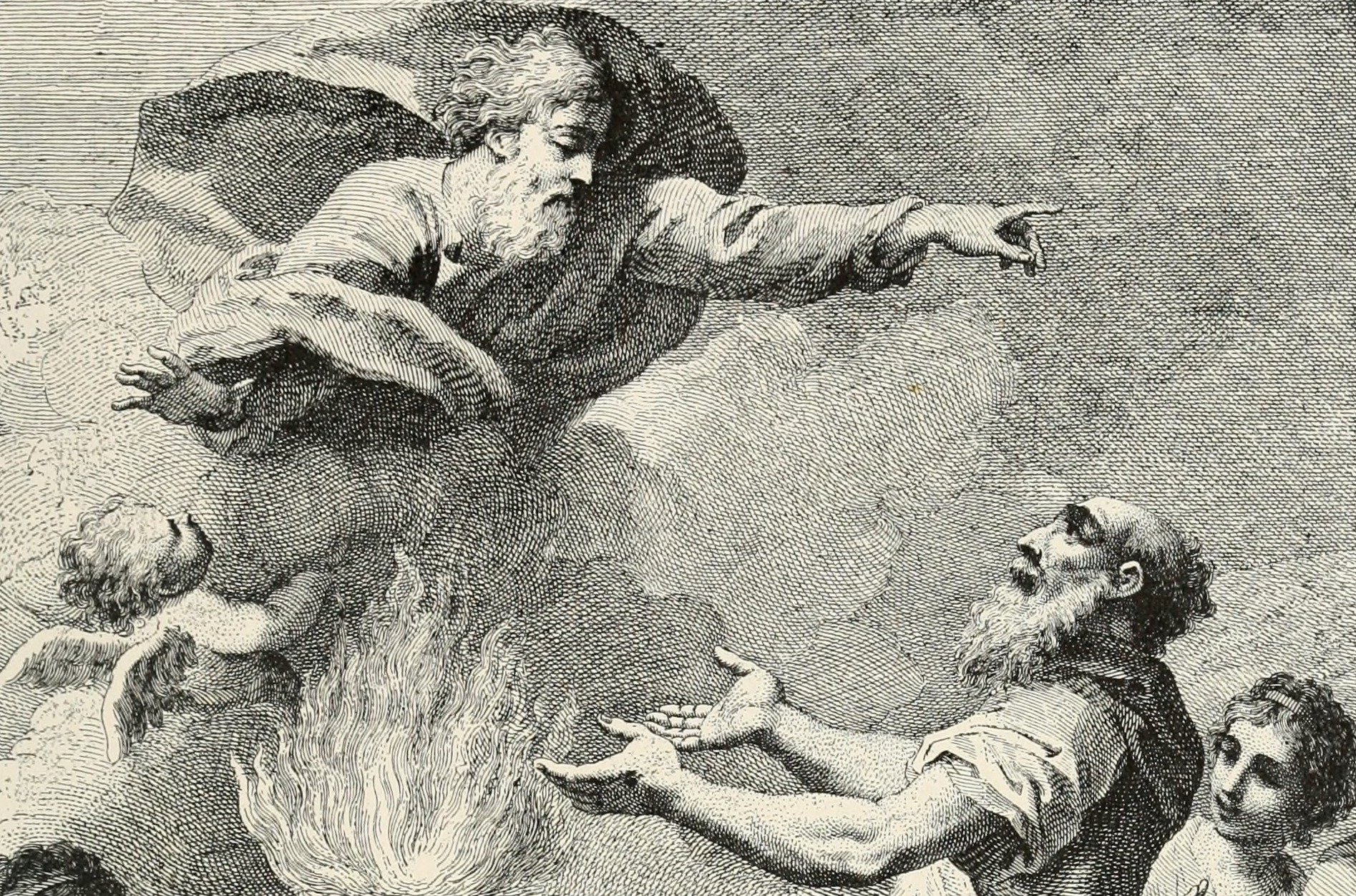Why Won't Characters Do As They're Told?
Do characters really have a life of their own? Or is it all just marketing bunk and cultural mythmaking? Do writers really commune with the unseen?
Wikimedia Commons
According to his creator Robert E. Howard, Conan the barbarian – that icon of masculine romance – entered our world like he’d been real all along. In a letter to fellow pulp author Clark Ashton Smith in 1935, Howard wrote, “I did not create [Conan] by any conscious process. He simply stalked full grown out of oblivion and set me to work recording the saga of his adventures.”
In truth, the character’s evolution took several months, and had less to do with his author being ordered about by imaginary barbarians and more to do with what pulp editors were buying that year1. Howard may have been guilty of indulging in the kind of self-mythologising that we writers love, the sort of needy postering that confirms our popular status as visionaries, shamans, psychics, Moses receiving instruction from God.
That shit does wonders for building a writer’s brand.
Over six decades later, those lines from Howard’s letter had been colourfully embroidered by a succession of editors, fans and adaptors, all of whom wisely chose to print the marketable legend.
“[Howard’s] alone one night and he feels this shadow overtake him from behind and he knows that CONAN is standing behind him with a large axe, and Conan tells him, ‘Just stay there and write, and if you don’t do EXACTLY what I tell you I’m gonna cleave you down the middle!” - John Milius, director of Conan the Barbarian, 1982, quoted from Conan Unchained: The Making of Conan(2000)
It’s a tall tale of which Howard himself might have been proud, but there’s a definite truth to the phenomenon of fictional characters telling their writers what to do...
